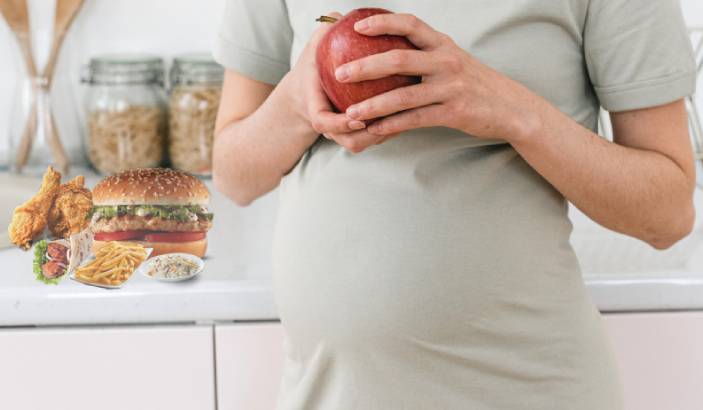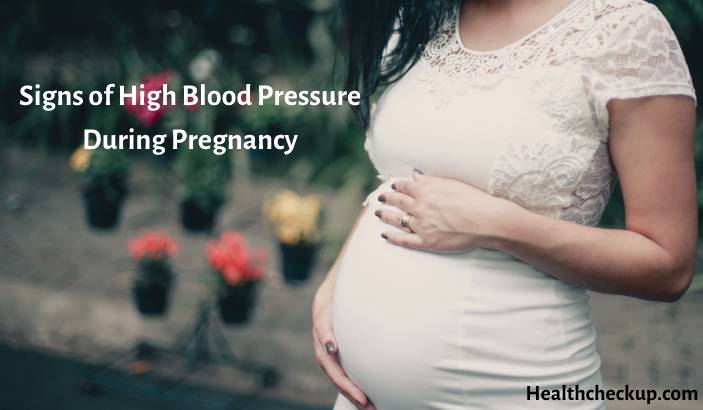Pregnancy is a time of significant change and many questions, especially regarding diet. Among these questions, one that often arises is whether it is safe to eat spicy food while pregnant. Understanding the effects of spicy food on both the mother and the developing baby can help expectant mothers make informed dietary choices.
The Cravings and Aversions of Pregnancy
Pregnancy brings about numerous hormonal changes that can lead to intense food cravings and aversions. Many women find themselves craving spicy foods in pregnancy during the first trimester, even if they previously did not enjoy them. This can be attributed to the heightened sense of taste and smell that many pregnant women experience, which can make flavorful foods more appealing.
The Safety of Eating Spicy Food During Pregnancy
The good news is that eating spicy food during pregnancy is generally safe. There is no evidence to suggest that spicy foods harm the developing baby or the mother. However, it is important to consume spicy foods in moderation and to be mindful of any adverse reactions.
Effects on the Mother
- Heartburn and Indigestion: One of the most common side effects of eating spicy food during pregnancy is heartburn. As the pregnancy progresses, the growing uterus can press against the stomach, causing stomach acids to rise into the esophagus. Spicy foods can exacerbate this condition, leading to discomfort and indigestion.
- Gastrointestinal Issues: Some women may experience gastrointestinal issues such as diarrhea or stomach cramps after consuming spicy foods. These symptoms are usually temporary and resolve on their own, but they can be uncomfortable.
- Hydration: Spicy foods can sometimes lead to increased sweating, which can result in dehydration if fluid intake is not adequately maintained. Pregnant women need to stay well-hydrated, so it is important to drink plenty of water when consuming spicy foods.
Effects on the Baby
There is no scientific evidence to suggest that spicy foods have any direct negative impact on the developing baby. The baby is well-protected in the womb and receives nutrients through the placenta. However, severe gastrointestinal distress in the mother, such as persistent vomiting or diarrhea, could potentially affect the baby’s nutrient supply and hydration levels if left unmanaged.
Benefits of Eating Spicy Foods During Pregnancy
In moderation, spicy foods can offer several benefits during pregnancy:
- Enhanced Flavor: Spicy foods can add flavor and variety to the diet, making meals more enjoyable. This can be especially beneficial for women experiencing altered taste sensations during pregnancy.
- Nutrient-Rich: Many spicy dishes are made with nutrient-dense ingredients such as peppers, garlic, and turmeric. These ingredients can provide essential vitamins and minerals that support a healthy pregnancy.
- Metabolism Boost: Spicy foods can temporarily boost metabolism and increase the production of endorphins, which can improve mood and provide a sense of well-being.
Tips for Eating Spicy Foods Safely During Pregnancy
If you enjoy spicy foods and want to include them in your pregnancy diet, consider the following tips to minimize discomfort and ensure safety:
- Start Slow: If you are not used to eating spicy foods, start with milder options and gradually increase the heat level. This can help your body adjust and reduce the risk of gastrointestinal upset.
- Stay Hydrated: Drink plenty of water to stay hydrated, especially if you are eating spicy foods that can increase sweating and fluid loss.
- Pair with Mild Foods: Balance spicy dishes with milder foods to prevent overwhelming your digestive system. For example, pair spicy curries with plain rice or yogurt.
- Listen to Your Body: Pay attention to how your body reacts to spicy foods. If you experience heartburn, indigestion, or other gastrointestinal issues, consider reducing your intake or avoiding certain spices.
- Consult Your Doctor: If you have any concerns about your diet during pregnancy, it is always best to consult your healthcare provider. They can provide personalized advice based on your health and pregnancy needs.
Common Myths About Spicy Food and Pregnancy
There are several myths surrounding the consumption of spicy foods during pregnancy. Let’s address some of the most common ones:
- Myth: Spicy Foods Induce Labor
- There is no scientific evidence to support the claim that spicy foods can induce labor. While some women believe that eating spicy foods can help start labor, this is largely anecdotal. Labor is a complex process that is primarily influenced by hormonal changes and the natural progression of pregnancy.
- Myth: Spicy Foods Harm the Baby
- As mentioned earlier, there is no evidence to suggest that spicy foods harm the developing baby. The baby is protected in the womb and receives nutrients through the placenta, which filters out harmful substances.
- Myth: Spicy Foods Cause Birth Defects
- Spicy foods do not cause birth defects. Birth defects are typically the result of genetic factors, environmental exposures, or a combination of both. Eating a balanced diet and avoiding harmful substances such as alcohol and certain medications are more important for preventing birth defects.
Cultural Perspectives on Spicy Food and Pregnancy
In many cultures around the world, spicy foods are a staple in the diet, and pregnant women continue to consume these foods without adverse effects. For example:
- Indian Cuisine: Spicy foods are a significant part of Indian cuisine. Pregnant women in India often consume a variety of spices, including turmeric, cumin, and chili peppers, which are believed to have health benefits.
- Mexican Cuisine: In Mexico, spicy foods such as chili peppers and salsa are commonly consumed during pregnancy. These foods are often prepared with fresh ingredients that provide essential nutrients.
- Thai Cuisine: Thai cuisine is known for its use of spices and herbs. Pregnant women in Thailand enjoy dishes made with ingredients like lemongrass, ginger, and garlic, which are thought to support digestion and overall health.
Eating spicy food during pregnancy is generally safe and can even offer some benefits, such as adding flavor to meals and providing essential nutrients. However, it is important to consume spicy foods in moderation and be mindful of any adverse reactions. Heartburn, indigestion, and gastrointestinal discomfort are common side effects that can be managed by staying hydrated, balancing spicy dishes with milder foods, and listening to your body. If you have any concerns about your diet during pregnancy, consult your healthcare provider for personalized advice.
I specialize in writing about health, medical conditions, and healthcare, drawing extensively from scientific research. Over the course of my career, I have published widely on topics related to health, medicine, and education. My work has appeared in leading blogs and editorial columns.









